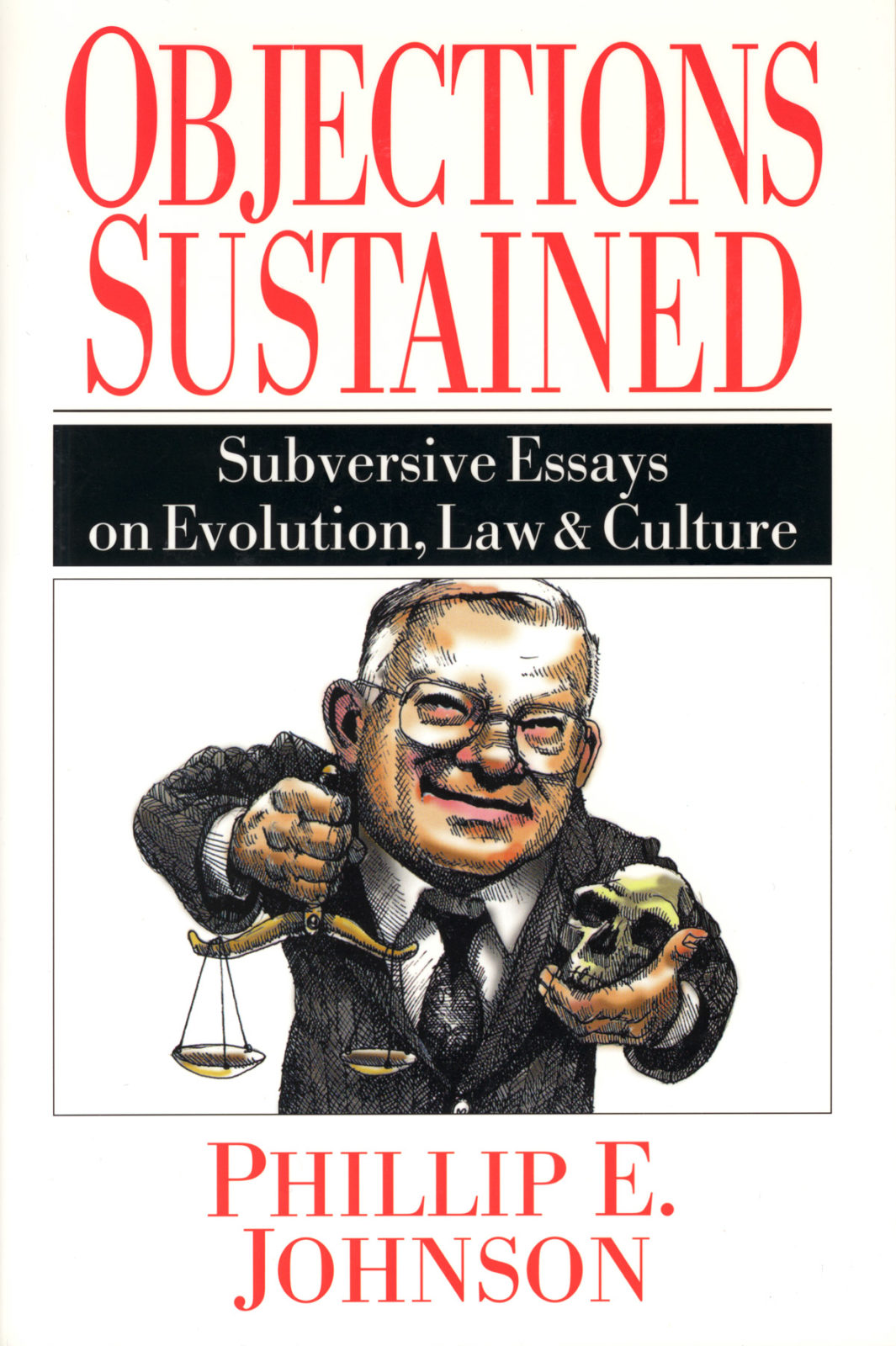Does it Have to be Europe versus NATO?
It’s an experience we’ve all had in our private relationships and affairs. The incident, the argument, not too important in itself, that tells us there may be deeper problems here. Most often, we back away. Don’t go there – at least, not yet. It’s happening now between the United States and Europe. There’s been a nasty snit and counter-snit over Read More ›

